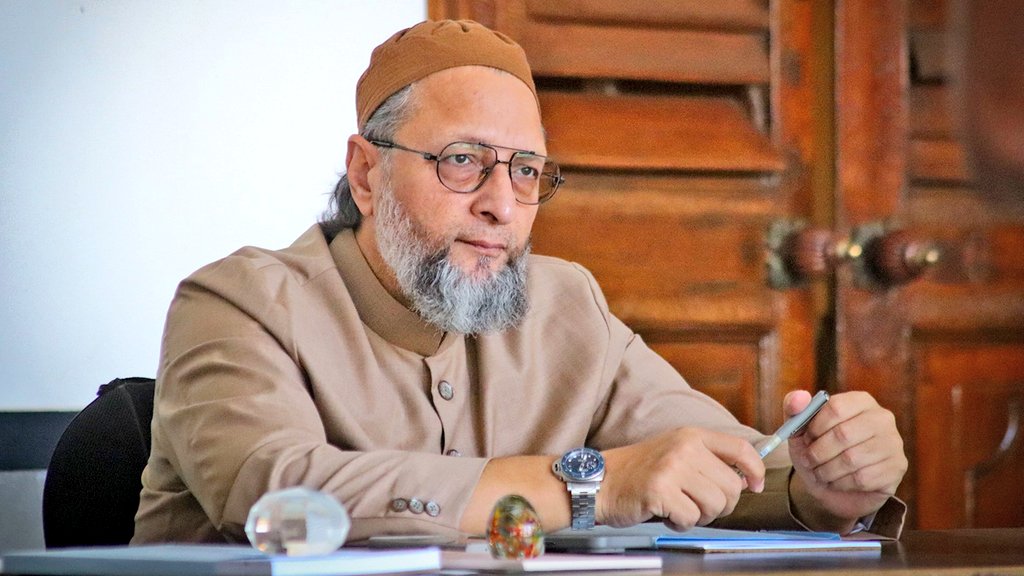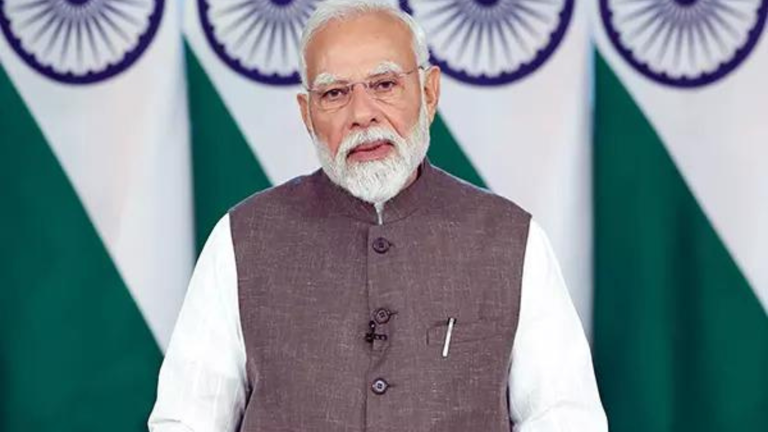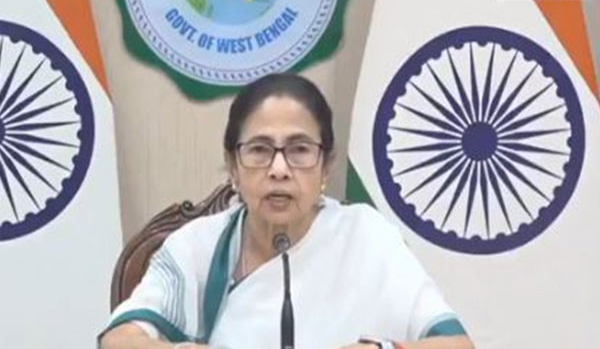Why Is Asaduddin Owaisi Part of India’s Anti-Terror Delegation?
Asaduddin Owaisi, the All India Majlis-e-Ittehad Muslimeen (AIMIM) chief and Hyderabad MP, has joined India’s all-party delegations dispatched to global capitals to combat Pakistan-sponsored terrorism. This diplomatic push follows Operation Sindoor, India’s retaliatory missile strikes on May 10, 2025, targeting terror infrastructure in Pakistan after the Pahalgam terror attack killed 26 people. Owaisi’s inclusion is notable, given his reputation as a vocal opposition leader, but he has clarified his role: “I will be representing the Government of India and not AIMIM.”
WATCH -pic.twitter.com/L3QV0XjY78
— Times Algebra (@TimesAlgebraIND) May 17, 2025
His participation signals a rare political consensus in India’s fight against cross-border terrorism, emphasizing a unified national stance. Owaisi’s task is to convey India’s zero-tolerance policy on terrorism and expose Pakistan’s destabilizing actions to the international community, a mission aligned with India’s intensified global outreach.
What Are Owaisi’s Key Statements on Pakistan’s Role?
Owaisi has made bold, SEO-friendly statements that resonate globally, directly addressing Pakistan’s role in terrorism. He declared, “My job is to tell the entire world about how Pakistan wants to destabilize India. Pakistan is a threat to humanity.” He traced Pakistan’s history of sponsoring terrorism, from the era of Zia-ul-Haq to recent attacks in Pahalgam and Reasi, underscoring India’s status as a victim. Owaisi also debunked Pakistan’s claim to represent the Islamic world, calling it “nonsense” and highlighting India’s 200 million-strong Muslim population—larger than Pakistan’s. This positions India as a pluralistic nation with significant Muslim representation, countering Pakistan’s narrative. His statements are crafted to maximize comprehension, ensuring clarity and trust.
How Does Owaisi Address India’s Ties with the Muslim World?
Owaisi strategically emphasized India’s deep historical and cultural ties with the Muslim world to strengthen India’s diplomatic stance. He referenced early depositors in Turkey’s Isbank from Hyderabad and Rampur and noted that Turkish was taught in Ladakh until 1990. These examples highlight India’s long-standing connections, urging nations like Turkey to reconsider blind support for Pakistan.
BIG BREAKING NEWS 🚨 Asaduddin Owaisi warns Erdogan against blindly backing Pakistan 🔥🔥
— Times Algebra (@TimesAlgebraIND) May 17, 2025
He said "Turkey must know India has more Muslims than Pakistan.
They must remember early depositors in their Isbank were from India's Hyderabad and Rampur.
Until 1990 Turkish language was… pic.twitter.com/D8xmavgazb
Owaisi’s focus on India’s pluralism—showcasing its diverse Muslim community—reinforces India’s credibility as a secular nation combating terrorism, not religion. This narrative uses a compelling pattern to list points that keep audiences engaged, ensuring the message is persuasive and memorable.
The all-party delegations, including MPs from various political spectrums, aim to globalize India’s anti-terror narrative post-Operation Sindoor. Confirmed by Pakistan’s PM Shehbaz Sharif, the operation targeted sites like Nur Khan Airbase, showcasing India’s military precision. The delegations’ mission is to expose Pakistan’s role in regional instability, leveraging India’s pluralistic credentials to gain international support. Owaisi’s participation amplifies this message, bridging domestic political divides and presenting a united front. The implications are significant: India’s diplomatic campaign could reshape global perceptions of South Asian geopolitics, pressuring Pakistan to curb terrorism.





















